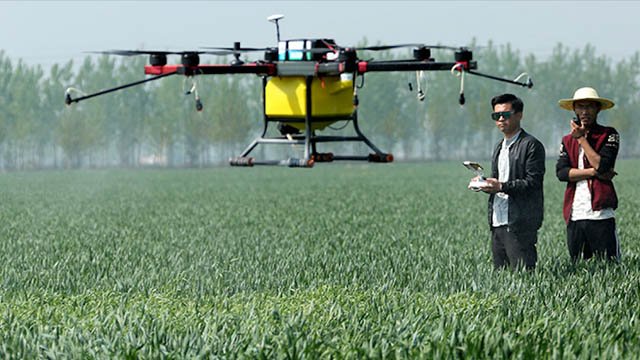Is genetically modified rice linked to a sudden rise in the leukemia incidence rate among students at Huazhong Agricultural University (HUA) in central China, in one of the country’s three top rice-producing regions?
 “When we entered the University, the school required all students to promote genetic modification (GM), upon entering the University, our teacher told us that the rice used by our canteen is GM rice from the university’s experimental base,” students stated(Chen I-wan, 2014). The leukemia incidence rate of the students at the Huazhong University is now estimated to be about three times the normal incidence rate.
“When we entered the University, the school required all students to promote genetic modification (GM), upon entering the University, our teacher told us that the rice used by our canteen is GM rice from the university’s experimental base,” students stated(Chen I-wan, 2014). The leukemia incidence rate of the students at the Huazhong University is now estimated to be about three times the normal incidence rate.
Last year, a Brazilian study, “Hematotoxicity of Bacillus thuringiensis as spore-crystal strains Cry1Aa, Cry1Ab, Cry1Ac, or Cry2Aa in Swiss albino mice” (Mezzomo, 2013), published in the Journal of Hematology & Thromboembolic Diseases, showed that Bt toxins are toxic to the blood of mice and cause red blood cells to rupture, as well as a significant reduction in bone marrow cell proliferation. Some think there may be a connection.
While it is not clear that health problems among the HUA students or others who may have been eating the insect resistant genetically modified rice (IRGM) were actually a consideration, China’s Ministry of Agriculture has decided not to renew biosafety certificates that allowed research groups to grow genetically modified rice and corn. The certificates expired August 17th. Wang Jing, a Greenpeace official based in Beijing, wrote in an email to ScienceInsider, “We believe that loopholes in assessing and monitoring [GM] research, as well as the public concern around safety issues are the most important reasons that the certifications have not been renewed” (Normile, 2014).
 About IRT. The Institute for Responsible Technology (IRT) is a non-profit organization that researches and reports news and information about the health risks of genetically engineered food. GMOs (genetically modified organisms) are present in processed foods and many food products.
About IRT. The Institute for Responsible Technology (IRT) is a non-profit organization that researches and reports news and information about the health risks of genetically engineered food. GMOs (genetically modified organisms) are present in processed foods and many food products.
Sources.
http://www.gmoevidence.com/wp-content/uploads/2013/05/JHTD-1-104.pdf
http://news.sciencemag.org/asiapacific/2014/08/china-pulls-plug-genetically-modified-rice-and-corn


